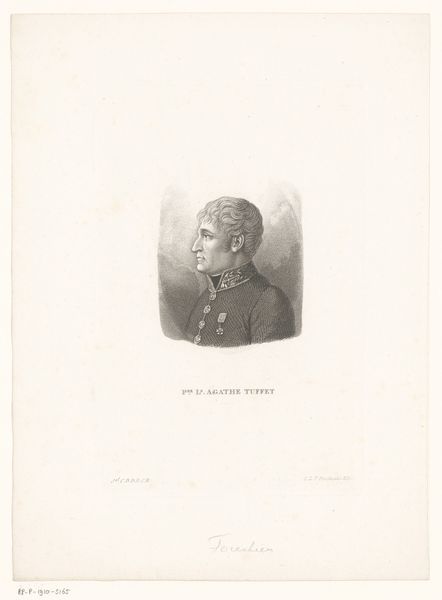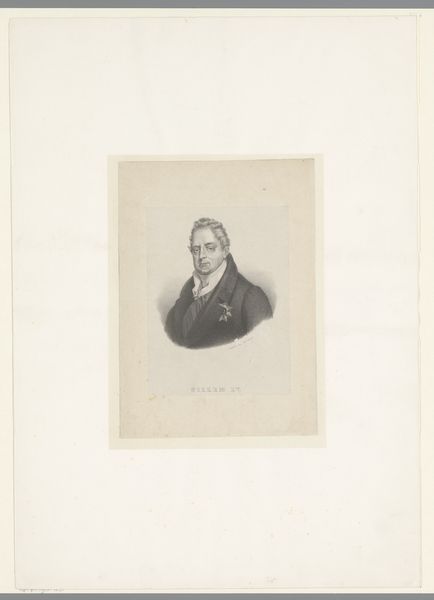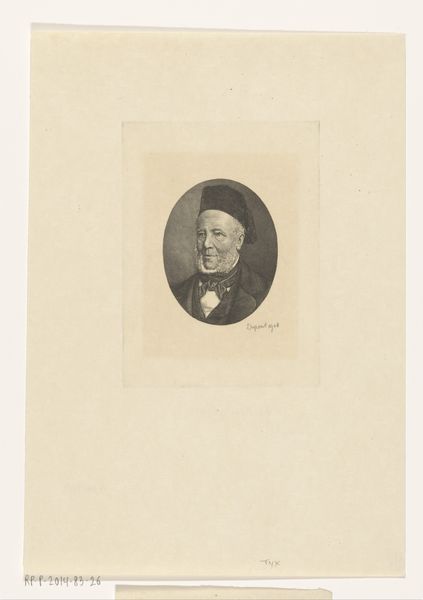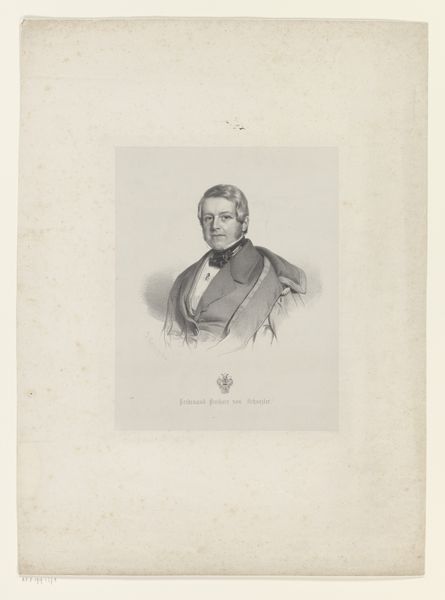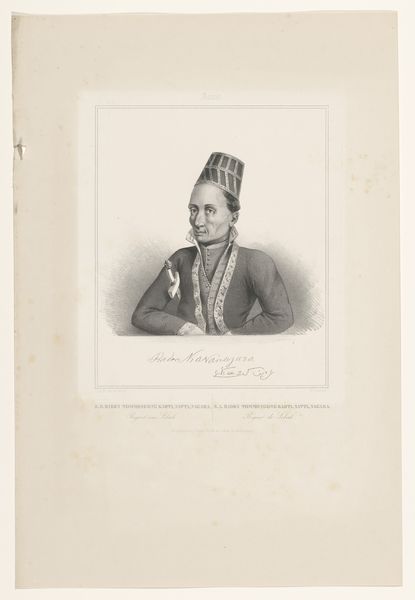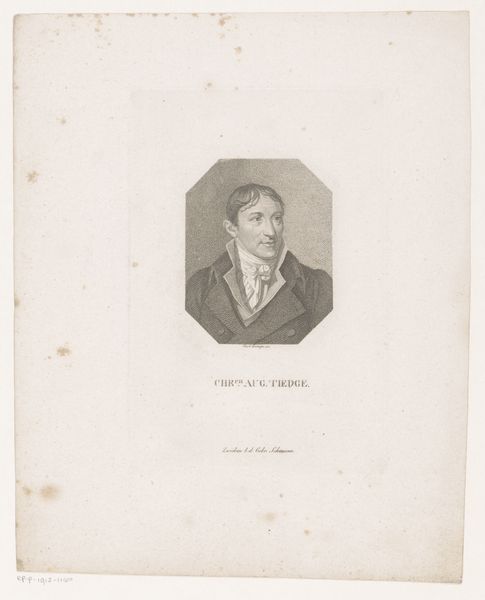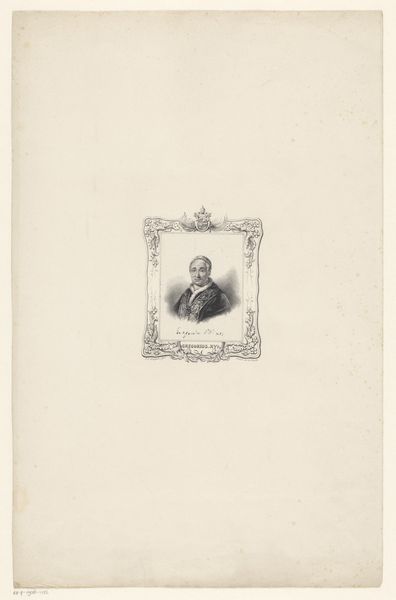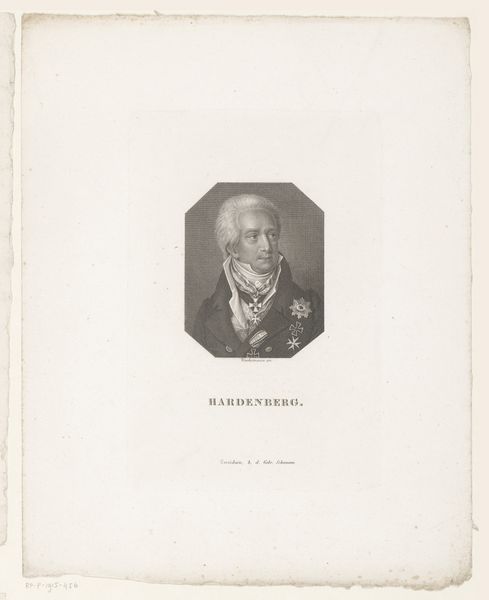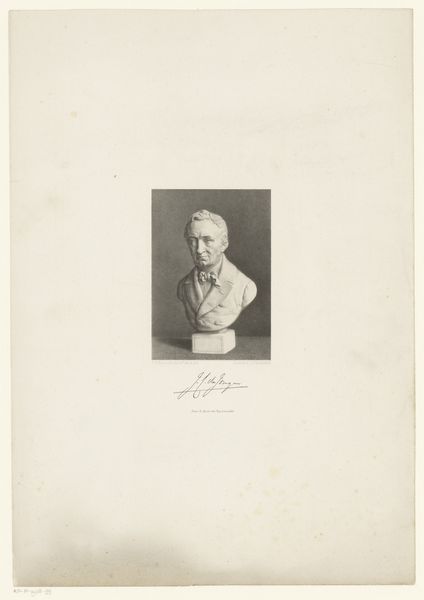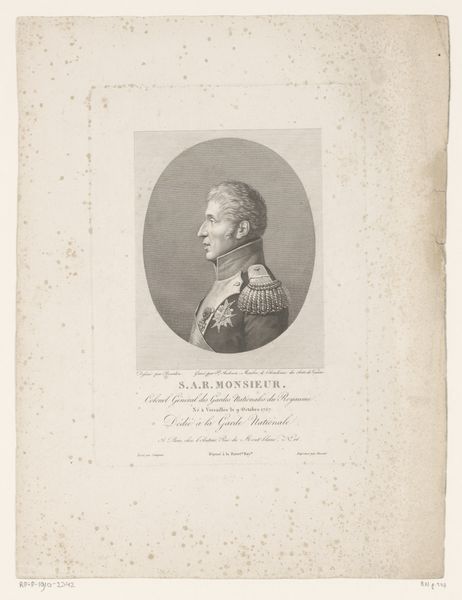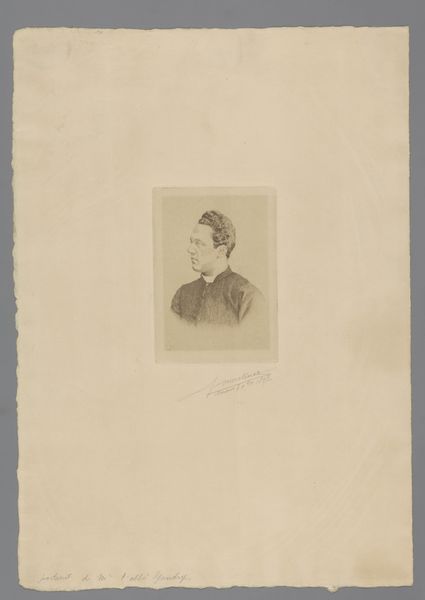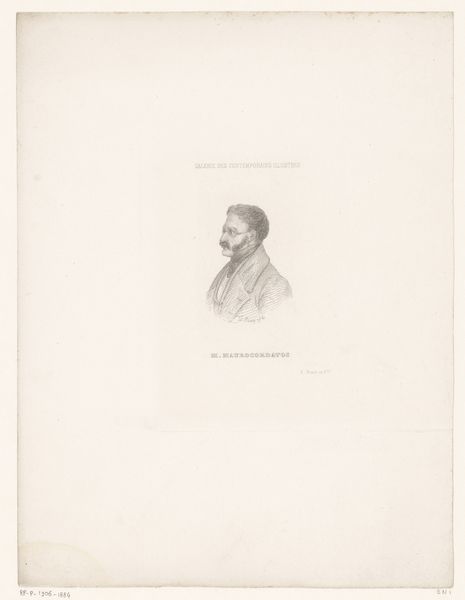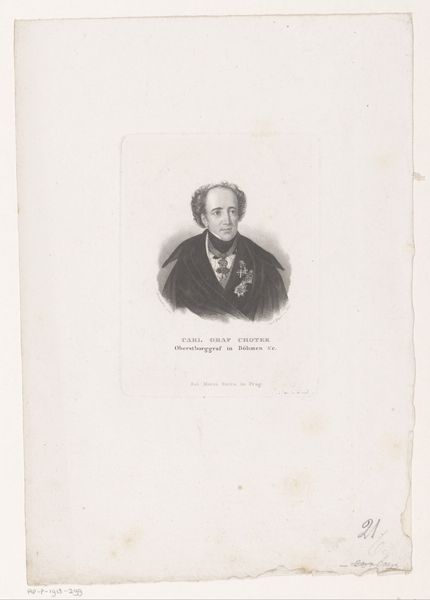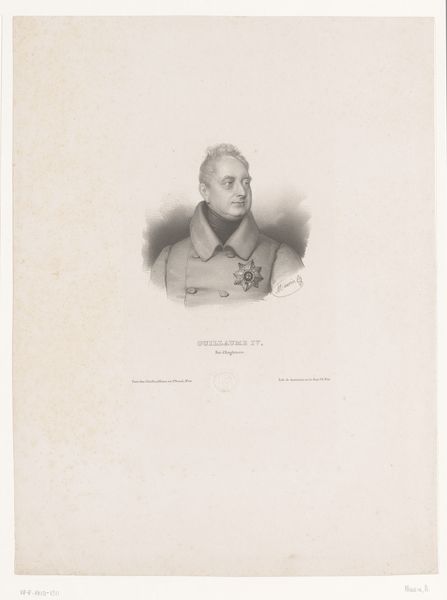
engraving
#
portrait
#
dutch-golden-age
#
engraving
#
realism
#
monochrome
Dimensions: height 220 mm, width 160 mm, height 335 mm, width 285 mm
Copyright: Rijks Museum: Open Domain
Editor: We're looking at a portrait of Lucretia Wilhelmina van Merken, created sometime between 1836 and 1899, now housed in the Rijksmuseum. The artist is listed as Monogrammist JC from the 19th century. It’s an engraving, and immediately I’m struck by its… reservedness. Almost severe. What do you make of it? Curator: Severe, perhaps, but look closer. I see a quiet strength in her eyes. These monochrome engravings, especially those channeling that Dutch Golden Age feel, have this incredible capacity for intimate observation. There's a delicate dance between light and shadow isn’t there? You notice the intricate lacework of her cap? What does that detail evoke in you? Editor: Craftsmanship, definitely. Patience! It seems so detailed for an engraving. But going back to her gaze…it's direct, unwavering, not at all what I expect from portraits of women from that era. Curator: Precisely! It defies the expected demureness. It’s as if she’s saying, “I see you.” This, to me, is the heart of realism. To portray not just the likeness, but the spirit. And the slight asymmetry - the way the light catches her face unevenly - gives it a sense of realness that you sometimes miss in more idealized depictions. Doesn’t it? Editor: Absolutely. It’s far more human, much less like a… statuette. Curator: Which, of course, begs the question: what did "JC" want to express beyond a mere rendering of physical attributes? Perhaps an attempt at preserving not just her image, but her essence in an increasingly modern world? Editor: I never considered how deliberate that sense of ‘realness’ was! Seeing the portrait as almost a statement changes my perspective entirely. Curator: It's wonderful, isn't it, how one little line, one flicker of light can transform a static image into a silent conversation.
Comments
No comments
Be the first to comment and join the conversation on the ultimate creative platform.
